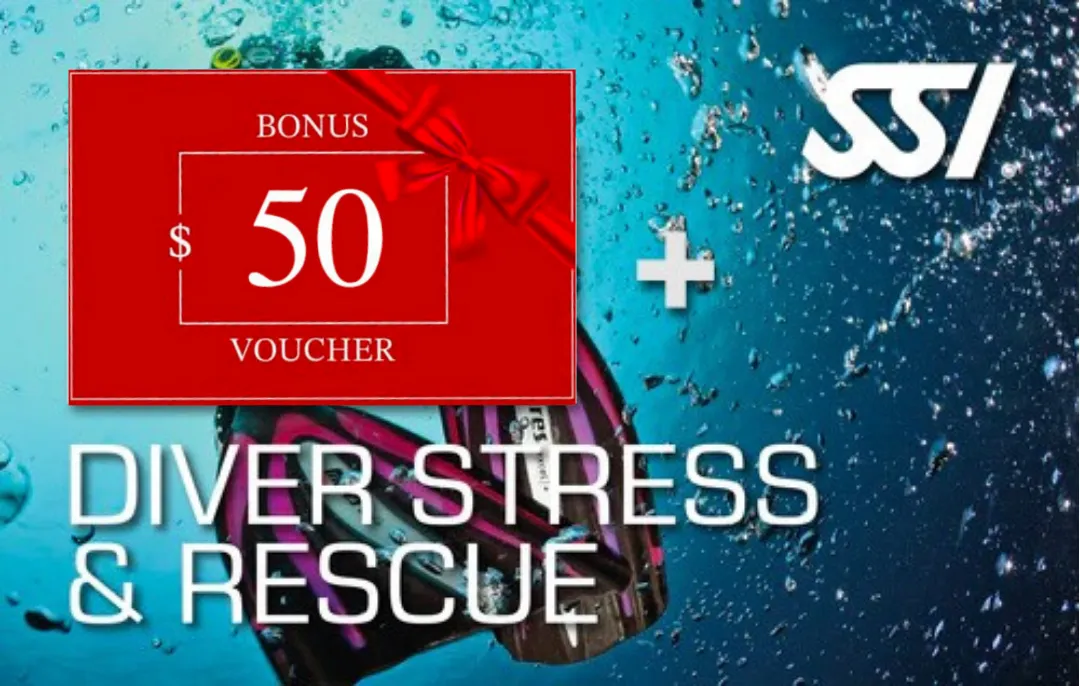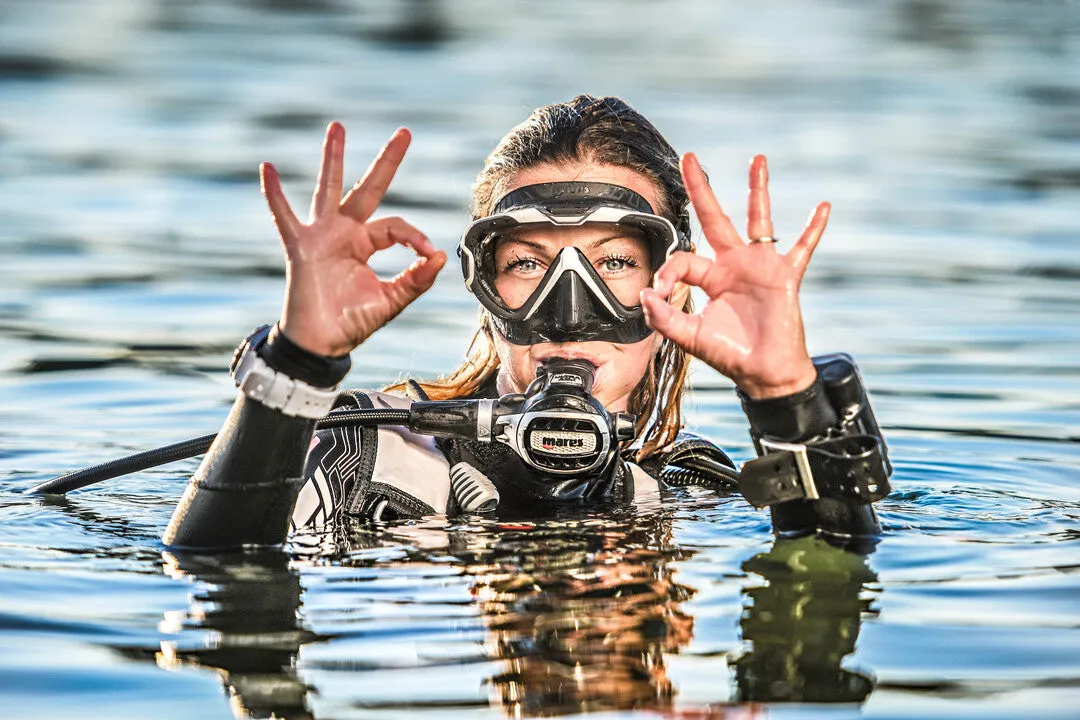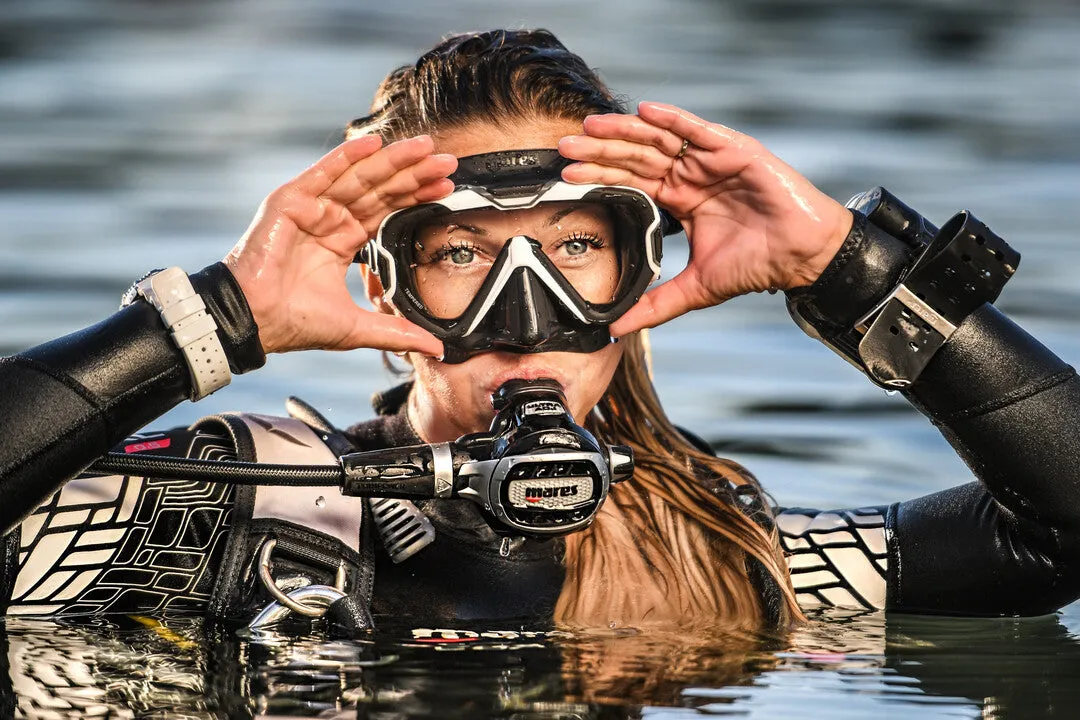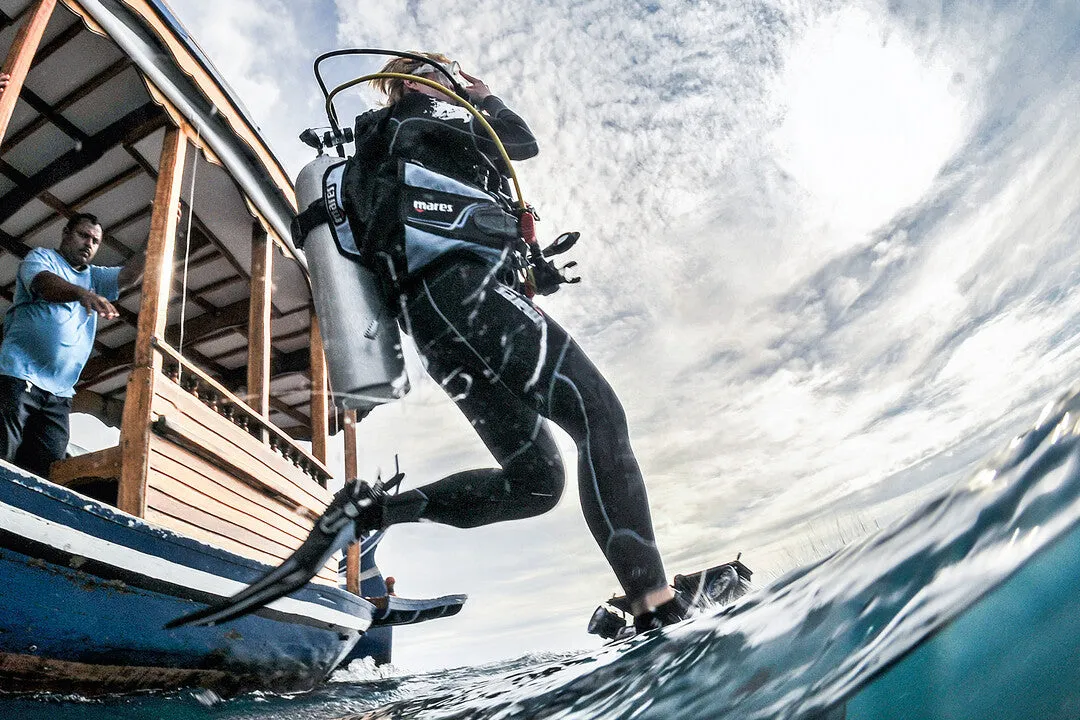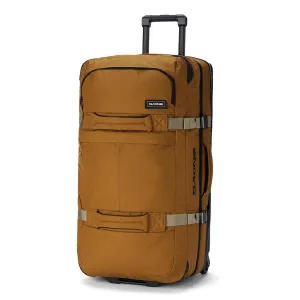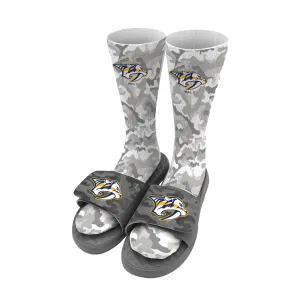Stress and Rescue
The best rescue is one you will never have to make. We focus on making you a better diver, improving your buoyancy and proper risk assessment skills. First you learn to look after yourself then be better able to help others in an emergency. Rescue Diver is also a critical steppingstone to becoming an SSI professional.
Diver stress is a major cause of diving accidents, but it can easily be prevented and resolved. Join the SSI Diver Stress and Rescue Specialty program and learn how to help yourself and other divers stay safe.
The SSI Diver Stress and Rescue specialty program teaches you the skills you need to protect yourself and other divers. You will learn how to identify stress, how to prevent accidents and be taught practical techniques to conduct rescues and provide emergency care. With a combination of pool and open water practice sessions, you will become well prepared and confident at handling emergency and rescue situations. Upon completion, you will earn the SSI Diver Stress and Rescue Specialty certification
Prerequisites for Stress and Rescue
- Certification prerequisites: Open Water Diver
- Proof of current O2 Administration, First Aid and CPR training
- Minimum age is 15
- All persons under the age of 18 require parent/guardian signature for participation.
- Children under the age of 16 must be accompanied with a parent/guardian over the age of 18.
- Successfully complete the fitness to dive questionnaire. Some medical conditions may prevent you from diving. For Example: heart disease, asthma, or epilepsy. Cost of diving medical is not included. A medical is only required if you answer yes to any of the following questions on this form.
Course Includes
- 3x Open Water Dives
- 1x Confined/Pool Day
- Online Theory
- In person academic session
- Completion over two or three days (duration approx. 10-15hrs)
- Max depth 18m/100ft
Exclusions
- Mask, Snorkel, Fins and Boots
- Diving equipment e.g., Tank, Regulator, Gauge, BCD, Weights and Wetsuit.
|
What To Bring: |
- Sunscreen
- Mask, Snorkel, Fins, and Boots
- Diving Equipment e.g., Tank, Regulator, Gauge, BCD, Weights, Torch, Slate, Reel, Knife, SMB
- Swimwear
- Towel
- Lunch
- Mobile Phone
- Completed paperwork with Parent/Guardian signature if required. (Contact our shop staff if you are unsure)
- Open Water certification card/Advanced Adventurer card
|
Flying After Diving Guidelines |
For a single no-decompression dive, a minimum prefight surface interval of 12 hours is suggested. (Including pool and shallow water immersions)
For multiple dives per day or multiple days of diving, a minimum prefight surface interval of 18 hours is suggested. Dive Newcastle recommends 24 hours to err on the side of safety.
For dives requiring decompression stops, 24 hours minimum is recommended.
To err on the side of safety, many divers plan a 24-hour surface interval or longer and spend their time exploring topside attractions.
All divers and students need to follow the recommendation given by the manufacturer of the dive computer regarding No-Fly Times and should always take the most conservative approach regarding flying after diving. Waiting longer before flying when possible after diving and exploring the top side during this period is always your best approach. This information is discussed further and in more detail during your dive course.

 Cart(
Cart(